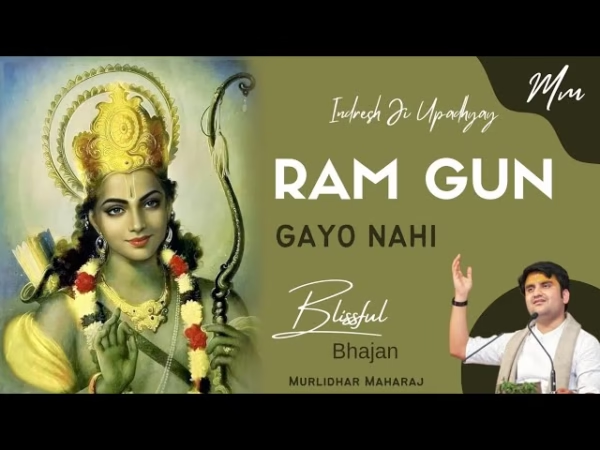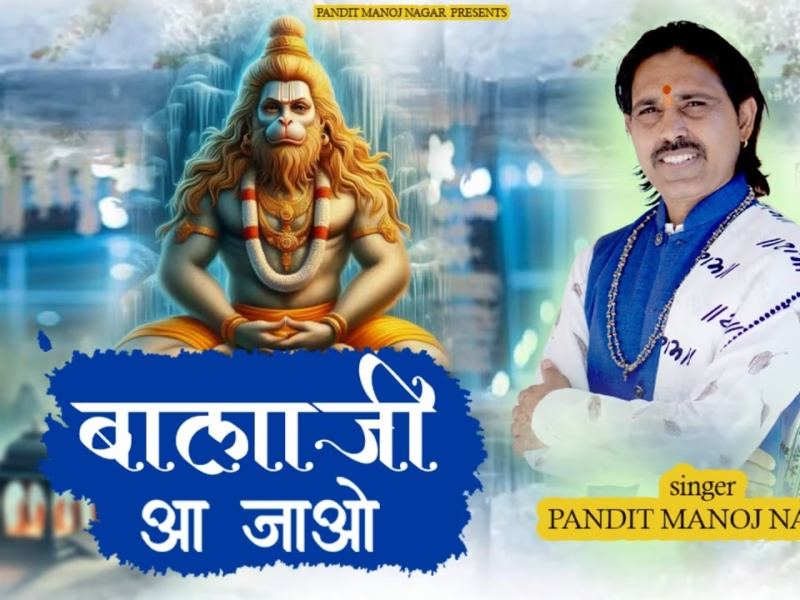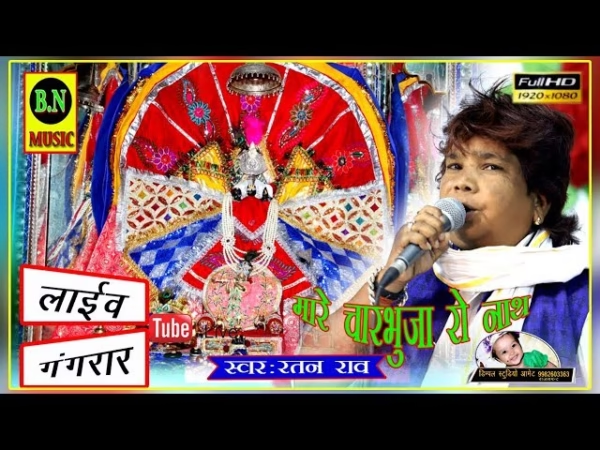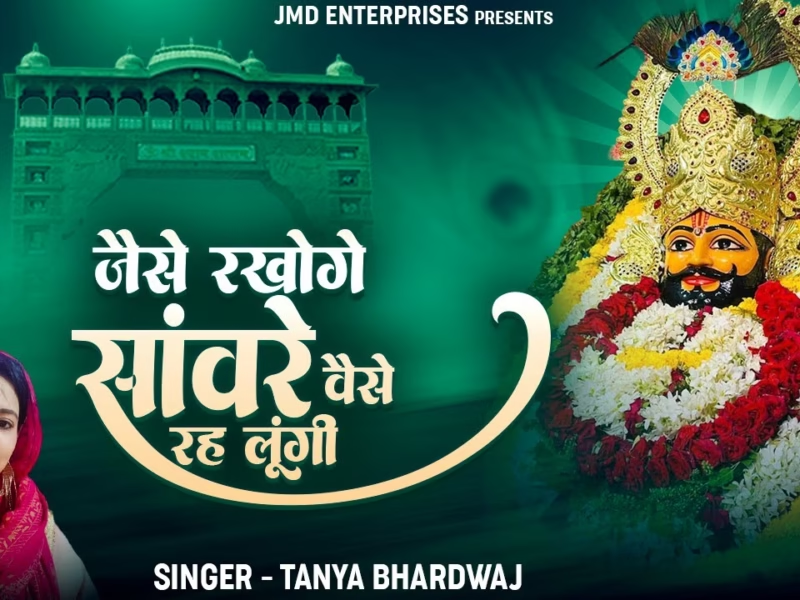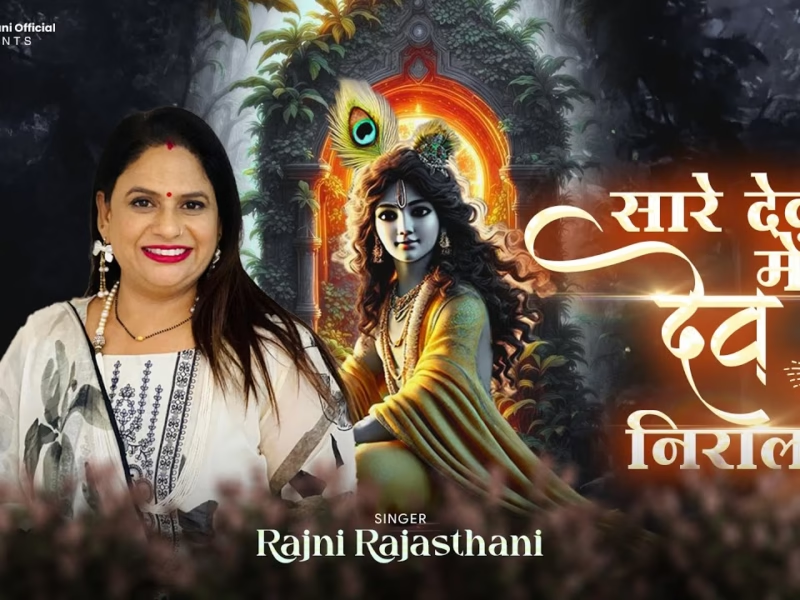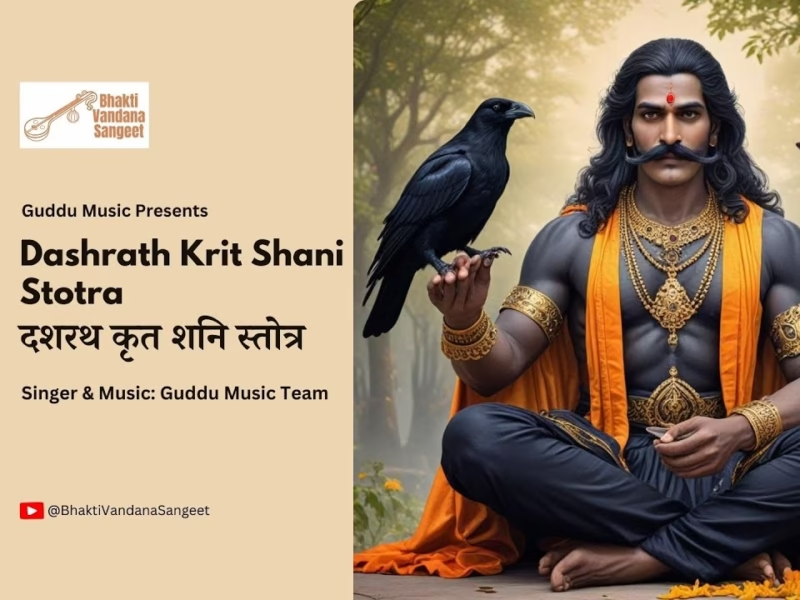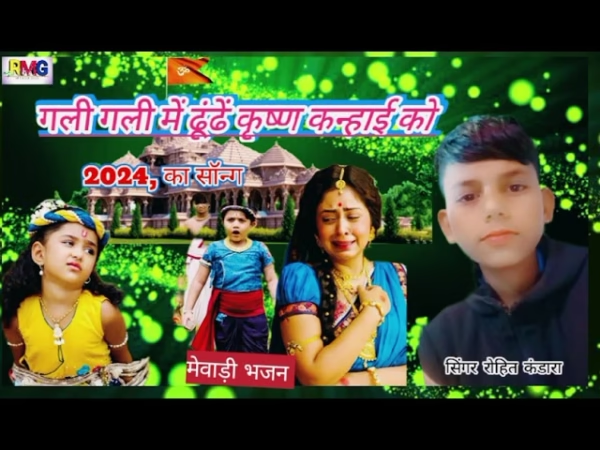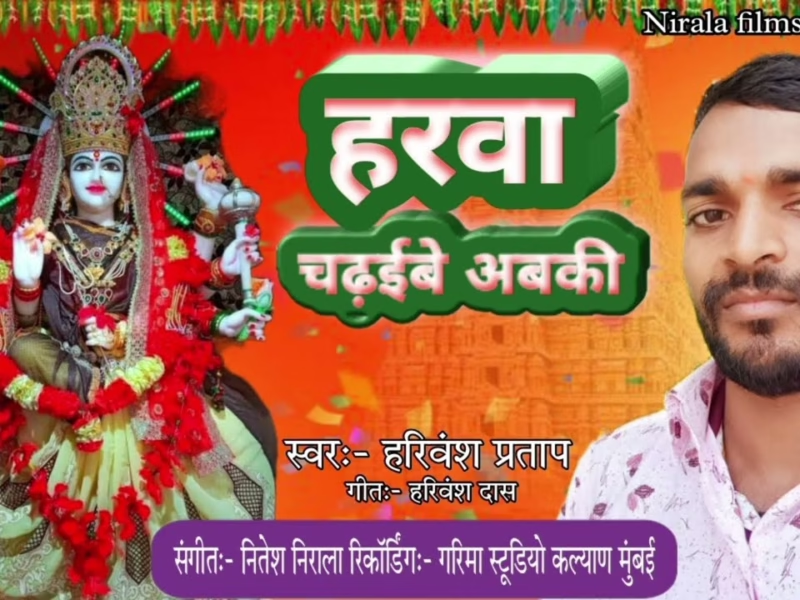HYMN LIV. Indra: Rig Veda – Book 1 – Ralph T.H. Griffith, Translator
मा नो अस्मिन मघवन पर्त्स्वंहसि नहि ते अन्तः शवसः परीणशे |
अक्रन्दयो नद्यो रोरुवद वना कथा न कषोणीर्भियसा समारत ||
अर्चा शक्राय शाकिने शचीवते शर्ण्वन्तमिन्द्रं महयन्नभि षटुहि |
यो धर्ष्णुना शवसा रोदसी उभे वर्षा वर्षत्वा वर्षभो नय्र्ञ्जते ||
अर्चा दिवे बर्हते शूष्यं वचः सवक्षत्रं यस्य धर्षतो धर्षन मनः |
बर्हच्छ्रवा असुरो बर्हणा कर्तः पुरो हरिभ्यां वर्षभो रथो हि षः ||
तवं दिवो बर्हतः सानु कोपयो.अव तमना धर्षता शम्बरं भिनत |
यन मायिनो वरन्दिनो मन्दिना धर्षच्छितां गभस्तिमशनिं पर्तन्यसि ||
नि यद वर्णक्षि शवसनस्य मूर्धनि शुष्णस्य चिद वरन्दिनोरोरुवद वना |
पराचीनेन मनसा बर्हणावता यदद्या चित कर्णवः कस्त्वा परि ||
तवमाविथ नर्यं तुर्वशं यदुं तवं तुर्वीतिं वय्यंशतक्रतो |
तवं रथमेतशं कर्त्व्ये धने तवं पुरो नवतिं दम्भयो नव ||
स घा राजा सत्पतिः शूशुवज्जनो रातहव्यः परति यः शासमिन्वति |
उक्था वा यो अभिग्र्णाति राधसा दानुरस्मा उपरा पिन्वते दिवः ||
असमं कषत्रमसमा मनीषा पर सोमपा अपसा सन्तु नेमे |
ये त इन्द्र ददुषो वर्धयन्ति महि कषत्रं सथविरं वर्ष्ण्यं च ||
तुभ्येदेते बहुला अद्रिदुग्धाश्चमूषदश्चमसा इन्द्रपानाः |
वयश्नुहि तर्पया काममेषामथा मनो वसुदेयाय कर्ष्व ||
अपामतिष्ठद धरुणह्वरं तमो.अन्तर्व्र्त्रस्य जठरेषुपर्वतः |
अभीमिन्द्रो नद्यो वव्रिणा हिता विश्वा अनुष्ठाः परवणेषु जिघ्नते ||
स शेव्र्धमधि धा दयुम्नमस्मे महि कषत्रं जनाषाळिन्द्र तव्यम |
रक्षा च नो मघोनः पाहि सूरीन राये च नः सवपत्या इषे धाः ||
mā no asmin maghavan pṛtsvaṃhasi nahi te antaḥ śavasaḥ parīṇaśe |
akrandayo nadyo roruvad vanā kathā na kṣoṇīrbhiyasā samārata ||
arcā śakrāya śākine śacīvate śṛṇvantamindraṃ mahayannabhi ṣṭuhi |
yo dhṛṣṇunā śavasā rodasī ubhe vṛṣā vṛṣatvā vṛṣabho nyṛñjate ||
arcā dive bṛhate śūṣyaṃ vacaḥ svakṣatraṃ yasya dhṛṣato dhṛṣan manaḥ |
bṛhacchravā asuro barhaṇā kṛtaḥ puro haribhyāṃ vṛṣabho ratho hi ṣaḥ ||
tvaṃ divo bṛhataḥ sānu kopayo.ava tmanā dhṛṣatā śambaraṃ bhinat |
yan māyino vrandino mandinā dhṛṣacchitāṃ ghabhastimaśaniṃ pṛtanyasi ||
ni yad vṛṇakṣi śvasanasya mūrdhani śuṣṇasya cid vrandinororuvad vanā |
prācīnena manasā barhaṇāvatā yadadyā cit kṛṇavaḥ kastvā pari ||
tvamāvitha naryaṃ turvaśaṃ yaduṃ tvaṃ turvītiṃ vayyaṃśatakrato |
tvaṃ rathametaśaṃ kṛtvye dhane tvaṃ puro navatiṃ dambhayo nava ||
sa ghā rājā satpatiḥ śūśuvajjano rātahavyaḥ prati yaḥ śāsaminvati |
ukthā vā yo abhighṛṇāti rādhasā dānurasmā uparā pinvate divaḥ ||
asamaṃ kṣatramasamā manīṣā pra somapā apasā santu neme |
ye ta indra daduṣo vardhayanti mahi kṣatraṃ sthaviraṃ vṛṣṇyaṃ ca ||
tubhyedete bahulā adridughdhāścamūṣadaścamasā indrapānāḥ |
vyaśnuhi tarpayā kāmameṣāmathā mano vasudeyāya kṛṣva ||
apāmatiṣṭhad dharuṇahvaraṃ tamo.antarvṛtrasya jaṭhareṣuparvataḥ |
abhīmindro nadyo vavriṇā hitā viśvā anuṣṭhāḥ pravaṇeṣu jighnate ||
sa śevṛdhamadhi dhā dyumnamasme mahi kṣatraṃ janāṣāḷindra tavyam |
rakṣā ca no maghonaḥ pāhi sūrīn rāye ca naḥ svapatyā iṣe dhāḥ ||
English Translation
Translated by Ralph T.H. Griffith
1 URGE us not, Maghavan, to this distressful fight, for none may comprehend the limit of thy strength.
Thou with fierce shout hast made the woods and rivers roar: did not men run in crowds together in their fear?
2 Sing hymns of praise to Śakra, Lord of power and might; laud thou and magnify Indra who heareth thee,
Who with his daring might, a Bull exceeding strong in strength, maketh him master of the heaven and earth.
3 Sing forth to lofty Dyaus a strength-bestowing song, the Bold, whose resolute mind hath independent sway.
High glory hath the Asura, compact of strength, drawn on by two Bay Steeds: a Bull, a Car is he.
4 The ridges of the lofty heaven thou madest shake; thou, daring, of thyself smotest through Śambara,
When bold with gladdening juice, thou warredst with thy bolt, sharp and two-edged, against the banded sorcerers.
5 When with a roar that fills the woods, thou forcest down on wind’s head the stores which Śuṣṇa kept confined,
Who shall have power to stay thee firm and eager-souled from doing still this day what thou of old hast done?
6 Thou helpest Narya, Turvaśa, and Yadu, and Vayya’s son Turvīti, Śatakratu!
Thou helpest horse and car in final battle thou breakest down the nine-and-ninety castles.
7 A hero-lord is he, King of a mighty folk, who offers free oblations and promotes the Law,
Who with a bounteous guerdon welcomes hymns of praise: for him flows down the abundant stream below the sky.
8 His power is matchless, matchless is his wisdom; chief, through their work, be some who drink the Soma,
Those, Indra, who increase the lordly power, the firm heroic strength of thee the Giver.
9 Therefore for thee are these abundant beakers Indra’s drink, stone-pressed juices held in ladles.
Quaff them and satisfy therewith thy longing; then fix thy mind upon bestowing treasure.
10 There darkness stood, the vault that stayed the waters’ flow: in Vṛtra’s hollow side the rain-cloud lay concealed.
But Indra smote the rivers which the obstructer stayed, flood following after flood, down steep declivities.
11 So give us, Indra, bliss-increasing glory give us great sway and strength that conquers people.
Preserve our wealthy patrons, save our princes; vouchsafe us wealth and food with noble offspring.

